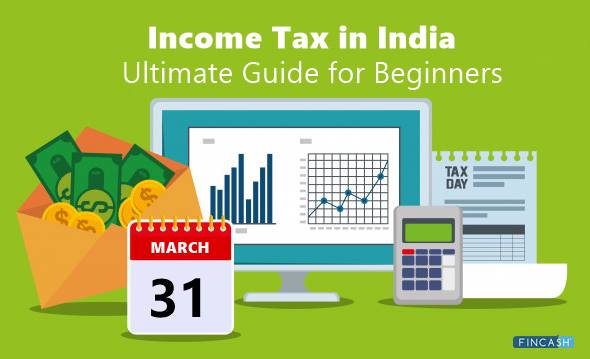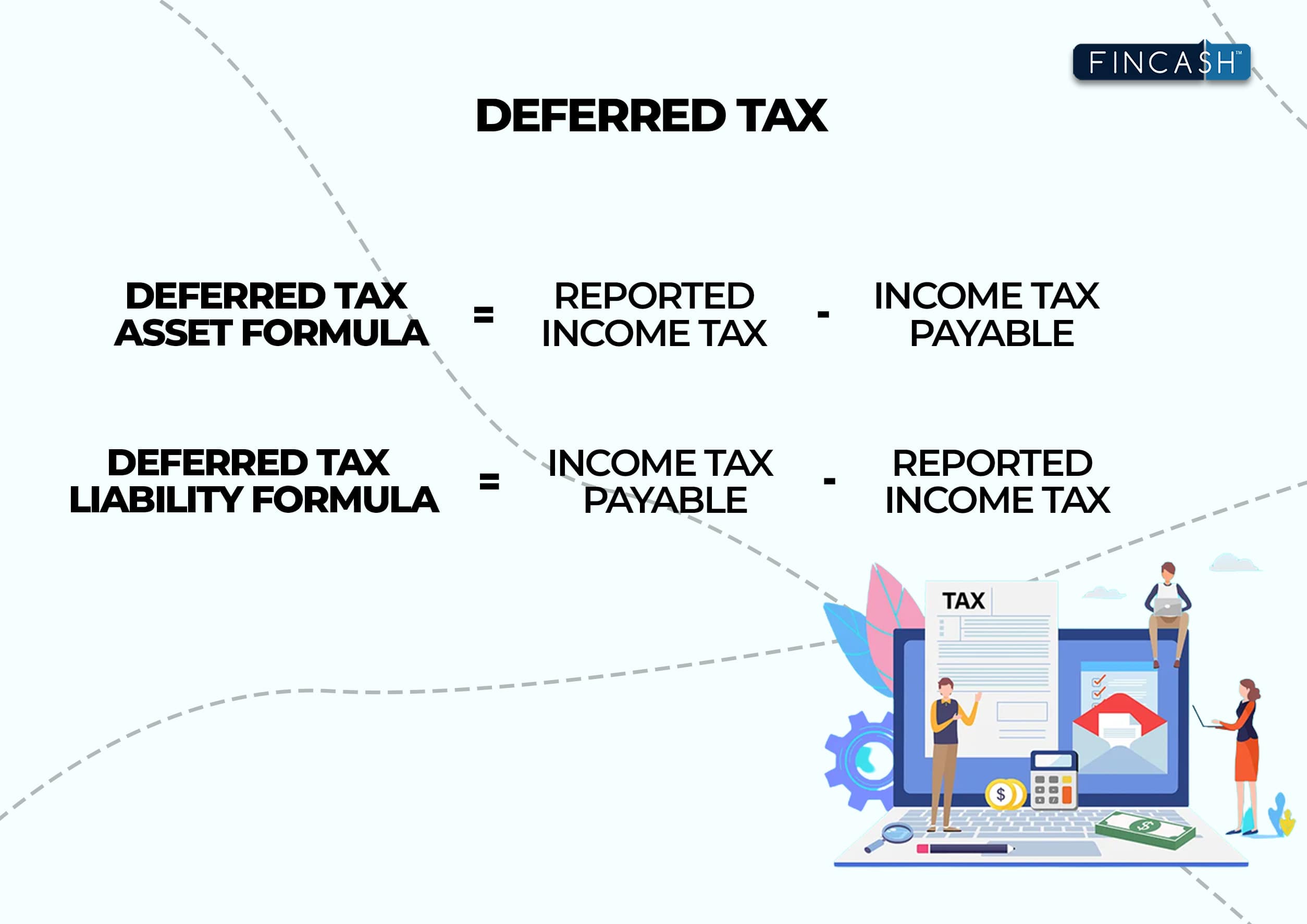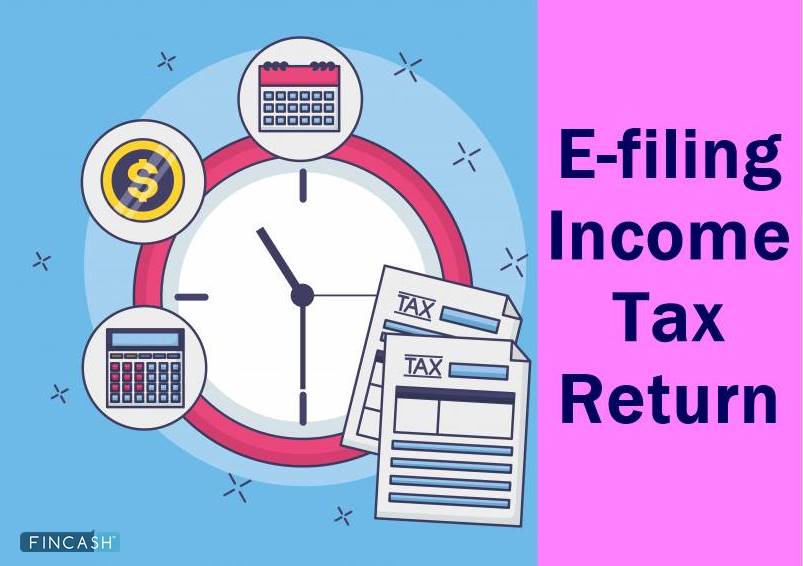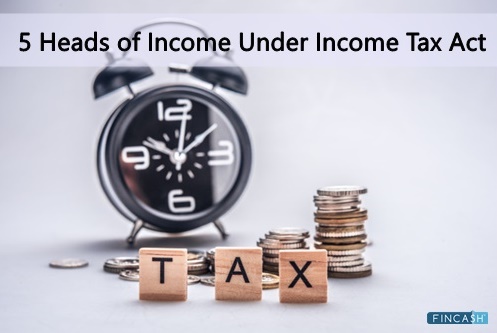Income Tax Brackets in India - Budget 2024
Paying income tax is a duty of every Indian citizen. Under the Income Tax Act, 1961, the percentage of income payable as tax is based on the amount of income you’ve earned during a year. The tax applies to the range of income, which is called Income Tax Slabs. The income slabs keep changing from year to year. Read the article to know the income tax brackets of 2026.
Union Budget 2024 - 25: Latest Updates
Here is the new tax slab rate as per the Union Budget 2024-25.
| Income Range Per Annum | New Tax Range |
|---|---|
| Up to Rs. 3,00,000 | Nil |
| Rs. 3,00,000 to Rs. 7,00,000 | 5% |
| Rs. 7,00,000 to Rs. 10,00,000 | 10% |
| Rs. 10,00,000 to Rs. 12,00,000 | 15% |
| Rs. 12,00,000 to Rs. 15,00,000 | 20% |
| Above Rs. 15,00,000 | 30% |
What is the Income Tax?
Suppose, you’re a salaried individual and your monthly income is Rs.30,000. Every month your employer will deduct a certain amount from your salary so as to pay the government taxes on your behalf. Every taxpayer needs to file an Income Tax Return every year to produce evidence for his tax payments. This amount depends on your annual income. More is your annual income, the more tax you need to pay.
The government sets the new income tax rates for every financial year. This rate is based on the estimated budget for the expenses that the government will have to bear for the following year. These slabs are tweaked by the government in the annual budget announcements. The taxpayers are required to pay the subsequent amount based on their respective income tax brackets.
The income tax brackets have three categories for individual payers-
- Individuals(below the age of years), includes residents as well as no-residents,
- Resident Senior citizens- 60 years and above but below 80 years of age,
- Resident Super senior citizens- above 80 years of age.
Talk to our investment specialist
Income Tax Act, 1961
The Income Tax Act, 1961 contains all the required details regarding Income tax in India. The Income Tax Act is applicable to the whole of India and has been effective since 1962. The act explains how the taxable income can be calculated, the tax liability, fees and penalties, etc.
Key Factors to Calculate the Income Tax Rates
Following are the key factors based on which the tax rates are calculated-
- Income of assessee
- Residential status of the assessee
- Assessment year
- Rate of tax
- Gross income
- Charge of income tax
- Maximum amount or threshold limit till income is not chargeable or taxable
Are you Applicable for the Income Tax Brackets?
You will be applicable to the slab rates only if you fall under one of the categories mentioned below-
- Any resident individual with a regular source of income
- A hindu undivided family (HUF)
- A company
- A firm
- An association of person (AOP) or a Body of Individuals (BOI) whether incorporated or not
- Any local authority
Frequently Asked Questions(FAQs)
1. Who decides the income tax brackets?
A. The income tax brackets are decided in the financial bill which is passed by the parliament for every financial year.
2. How often do the income tax brackets change?
A. The income tax brackets change for every financial year, i.e. starting from April 1 to March 31 (next year).
3. Are the income tax slab rates different for the different genders?
A. No, the tax rates don’t differ. Both men and women are applying for the equal tax brackets.
4. How to calculate income tax?
A. You can calculate the income tax based on the age category you fall in. Next, check for your salary range and then followed by the respective tax rates. To make your task simple and easy you can always use an online tax calculator instead.
5. What is the minimum amount for income tax exemption?
A. You must have an annual salary of less than Rs 3 lakhs to get your income tax exempted.
6. What is an ITR?
A. ITR means Income Tax Return. An ITR form is filed so as to claim a refund from the income tax department. These forms are available on the official income tax website of the government.
7. What is the time period of income taken into consideration for income tax payment?
A. The income tax liability is based on the annual income of the person. Your annual income determines what tax bracket you fall under and the respective tax rate that will be applicable.
8. How to pay your income tax?
A. To pay your taxes regularly and easily the Income-tax Act has provisions for tax payment during the year of earning. With this provision, you’ll be able to pay as you earn.
9. Is a pensioned income accountable for tax payment?
A. Yes, a pensioner is liable to pay tax, unless the pension received is from the United Nations Organisation.
10. What are allowances?
A. Allowances are basically fixed amounts received by salaried personnel by their employers on a periodic basis. There are three types of allowances for income tax- taxable allowance, fully exempted allowance and partially exempted allowance.
All efforts have been made to ensure the information provided here is accurate. However, no guarantees are made regarding correctness of data. Please verify with scheme information document before making any investment.













Very useful information and updated. But where is share options